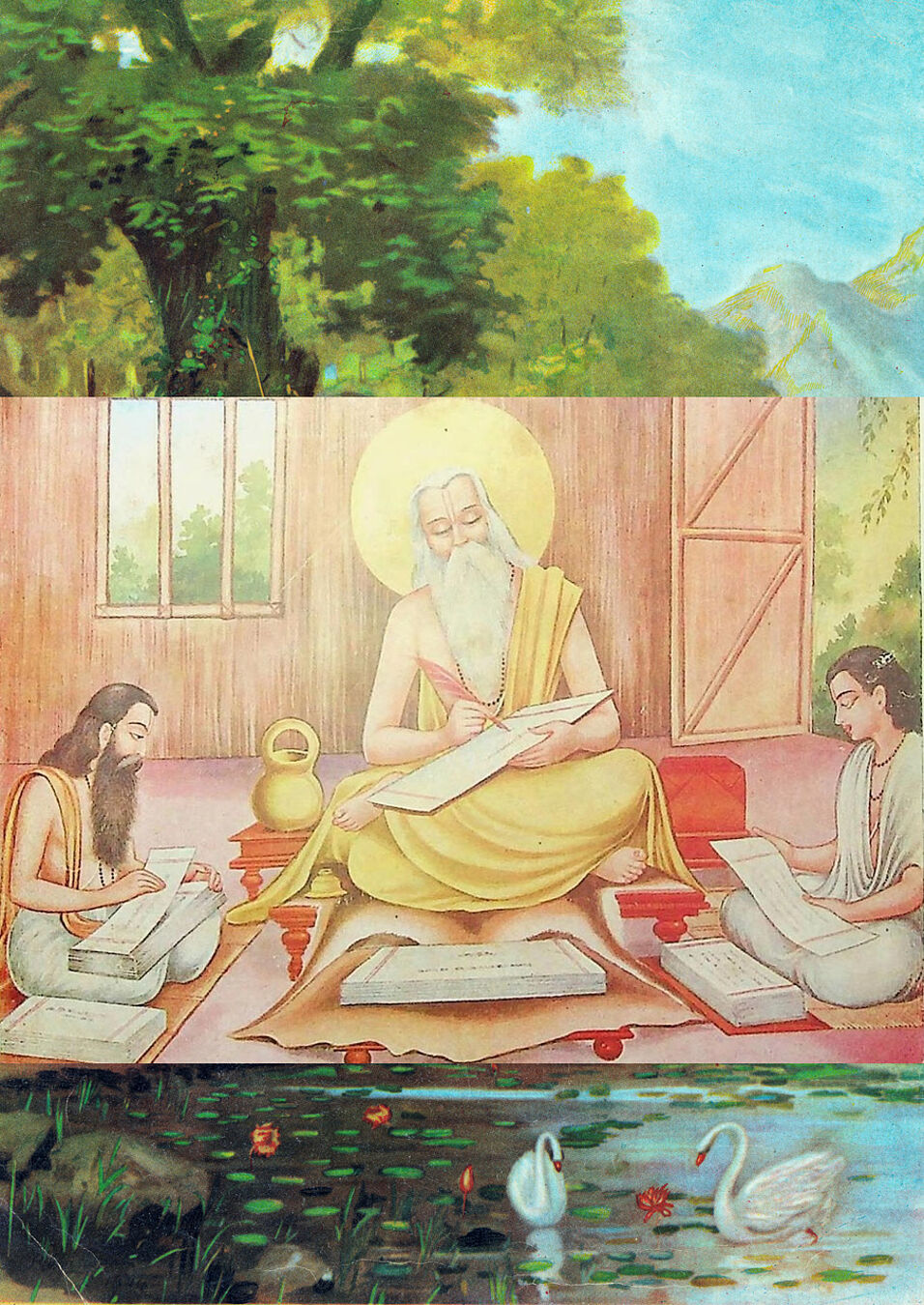Sāṃkhya is only next to the Upaniṣadic tradition in terms of its antiquity, importance and long-lasting impact on Indic knowledge systems. But unlike in the case of the Upaniṣads, which preserve original texts of their traditions, the only sources that have thus far been identified to study early Sāṃkhya teachings are disparate passages of applied Sāṃkhya as curated in the Epics and texts contemporaneous with them. These sources portray an image of early Sāṃkhya with great variation in views and theories without systematic coherence.
However, contrary to this, in these lectures, I will identify some hitherto overlooked passages that recover an earlier 'systematic' form of Sāṃkhya and Sāṃkhya-Yoga predating classical Sāṃkhya as propounded by Īśvarakṛṣṇa (c. 450 CE). These passages are attributed to Kapila, Pañcaśikha and Sanatkumāra and hidden in the Appendix of the Mahābhārata (in the passage App. 12.29A+B, 12.29D, and 12.29C+13.11). As such, they constitute a significant source for reconstructing the "original" Sāṃkhya teaching as taught in the early tradition and also shed new light on the study of epic Sāṃkhya. Drawing on these sources, I will discuss a number of early Sāṃkhya concepts concerning metaphysics, cosmogony, the nature of bondage and liberation, and the path of meditation, many of which are not found in the classical Sāṃkhya texts, and argue that Sāṃkhya emerged from the grounds of Vedic speculations on cosmogony and the role and place of a person in the world.
About the speaker:
Diwakar Acharya (PhD in Indology, University of Hamburg, 2004) is Spalding Professor of Eastern Religions and Ethics at the University of Oxford and a fellow of All Souls College. His research covers a wide range of topics in Sanskrit literature, Indian religious and philosophical traditions, and the early history of Nepal. His publications include Vācaspatimiśra's Tattvasamīksā (Stuttgart 2006), The Little Clay Cart (New York 2009), and Early Tantric Vaisnavism (Paris/Pondicherry 2015). He has also published numerous articles on a wide array of topics in Indology, ranging from the early Upanisads to the philosophical systems of South Asia, from early inscriptions to pre-modern documents, and from poetry to ritual literature.
Part II of this lecture will be held at IKGA on April 23, 2024, 17:00 (Room 5, Austrian Academy of Sciences, 4th floor, Georg-Coch-Platz 2, 1010 Vienna)

